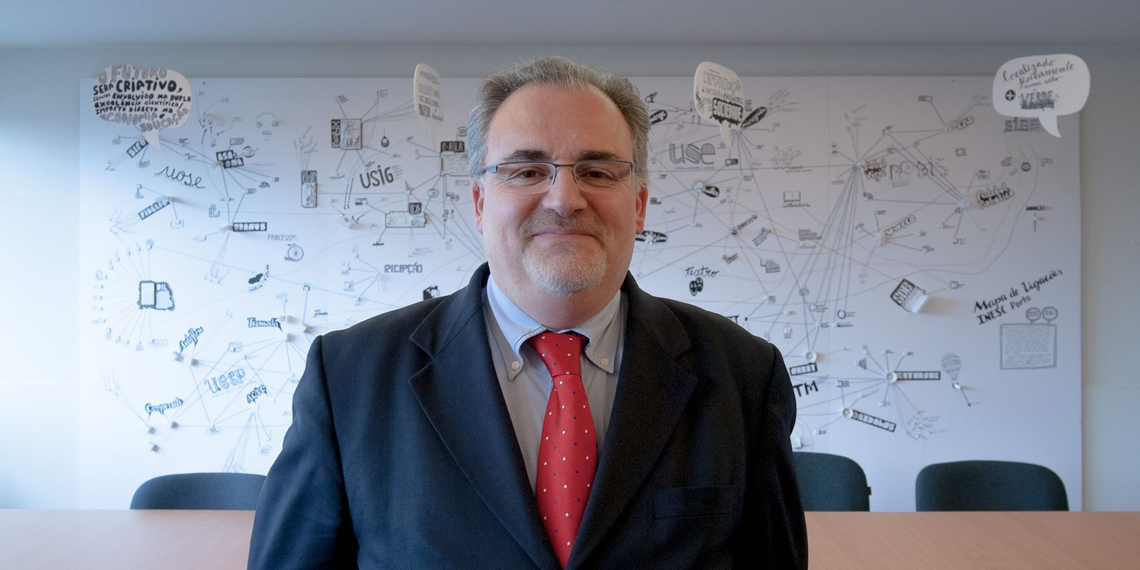The INESC Brussels Hub Winter Meeting took place yesterday and today, in Lisbon.
While it is still early to present a thorough assessment in terms of participation and results, it is possible to confirm that this event was the largest organised by the HUB since its establishment:
- It welcomed a record number of +350 (in person or online) members of the various INESC entities (researchers, managers, services’ representatives, etc.), who participated in the event’s workshops.
- It brought together a large and diverse group of guest speakers (18) who have shared valuable knowledge and their experience in several areas, relevant to our activities.
The themes addressed were also diversified, covering:
- The past: the experience of diverse people and organisations in different areas, allowing us to learn from the success and mistakes over time.
- The present: the opportunities available to us in the short and medium-term, as well as the conditions necessary to fully exploit them.
- The future: medium and long-term trends and challenges, as well as the types of intervention available to define or influence the policies, programmes and initiatives that will seek to address them.
The presentations and debates were very productive and will certainly generate subsequent activities, aiming to carry through the work developed. And the assessment of the main results and impact of two days of activities can only be done in the medium-term. However, there are two conclusions that seem clear:
- We can find, in the INESC universe (particularly, at INESC TEC) success stories in the three time periods considered.
- There are several areas (scientific, technological, or market-related) where there is significant potential to develop a more structured, impactful, and efficient intervention, at European and also international level.
For an organisation like INESC TEC, it is vital to ensure a solid and qualified participation in European funding programmes. The inevitable reduction in the sums available and the funding rates associated with the structural funds (as is the case in the Lisbon and Vale do Tejo and Algarve regions) will force us to find alternative sources of funding, both public and private, and European programmes are undoubtedly the best alternative available.
However, achieving this goal requires a consistent strategy (or strategies) and a significant, ongoing, and persistent investment. Learning from those who have already done it (internally or externally) and developing effective processes will allow us to ensure the necessary resources, for the required time, also maximising the impact generated.
And this event has made very important contributions in this regard.
José Carlos Caldeira, member of the Board of Directors




 News, current topics, curiosities and so much more about INESC TEC and its community!
News, current topics, curiosities and so much more about INESC TEC and its community!